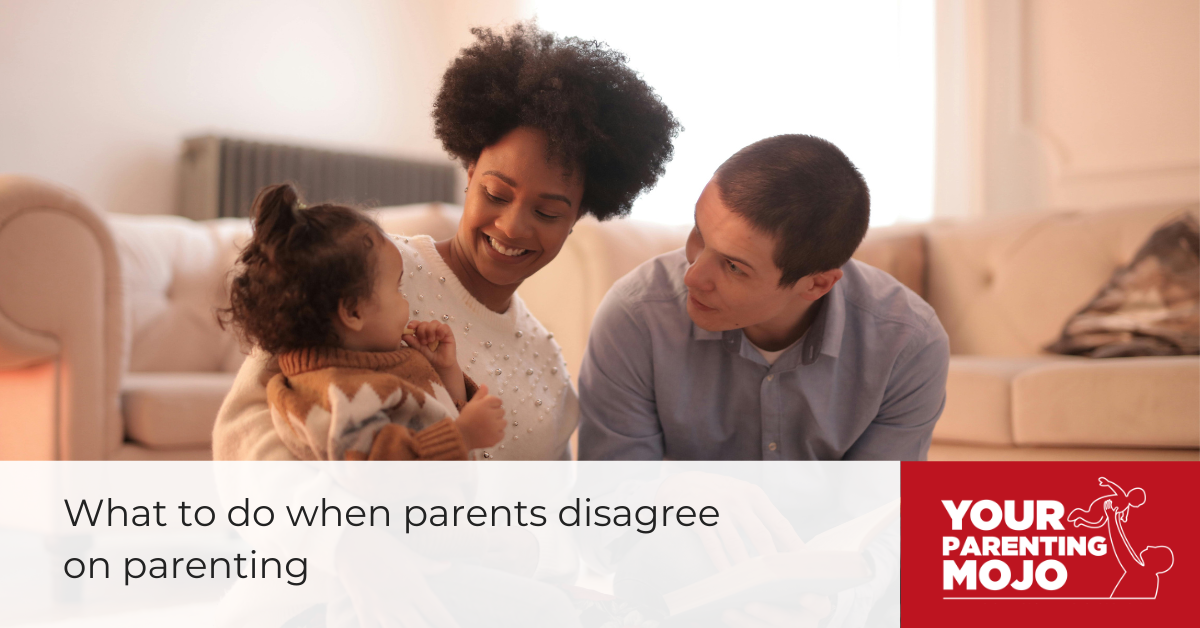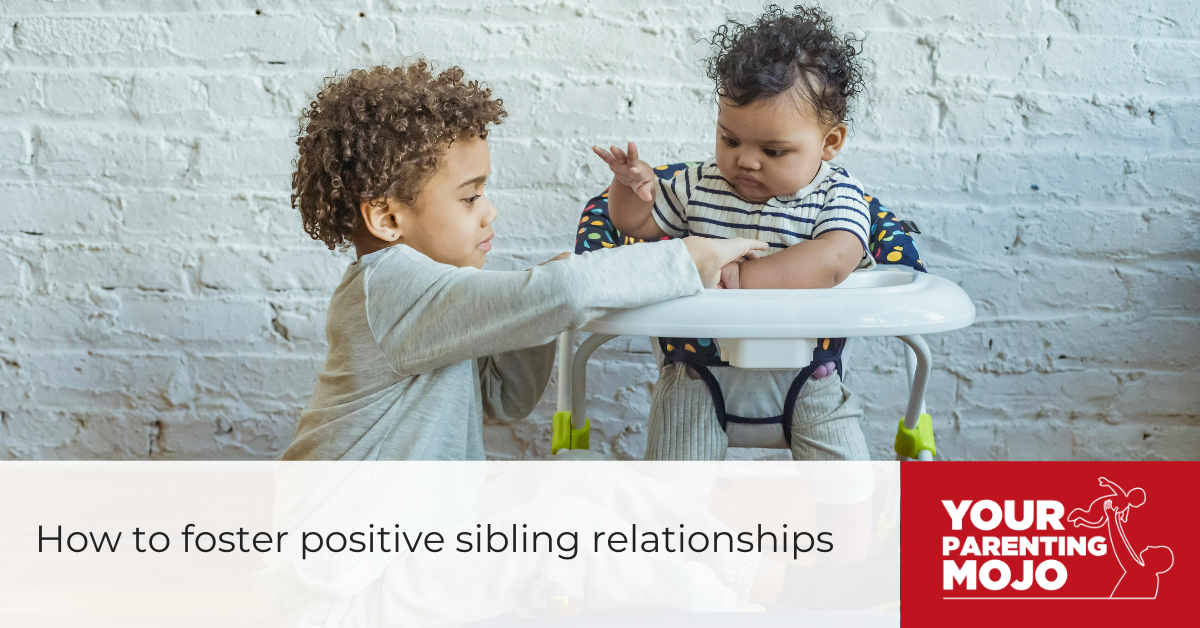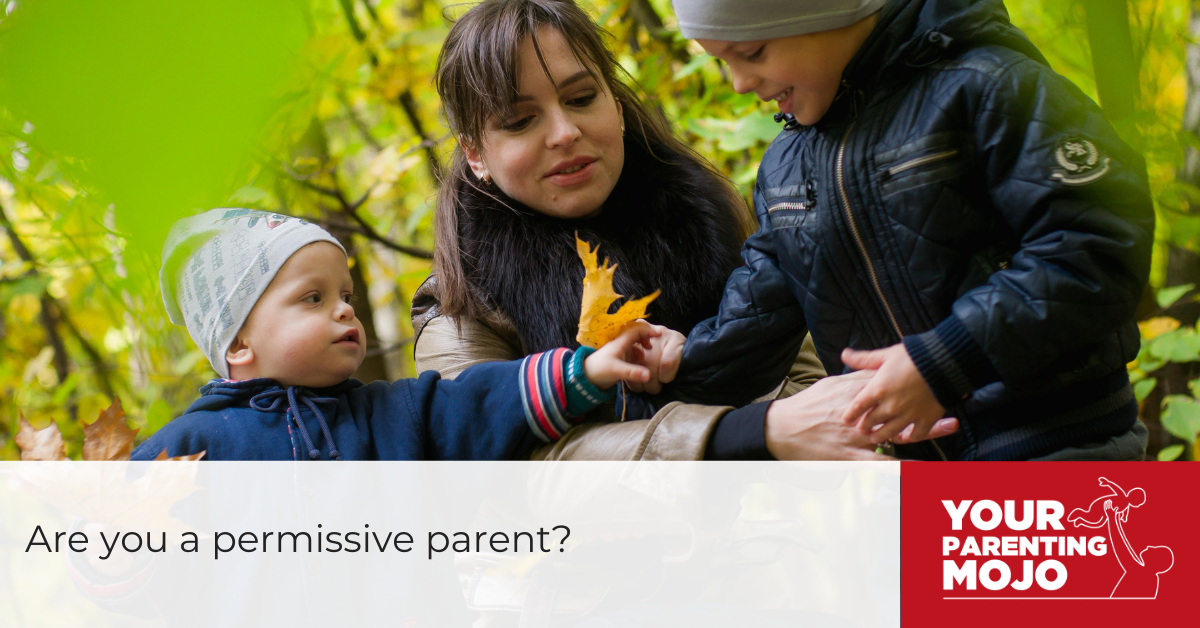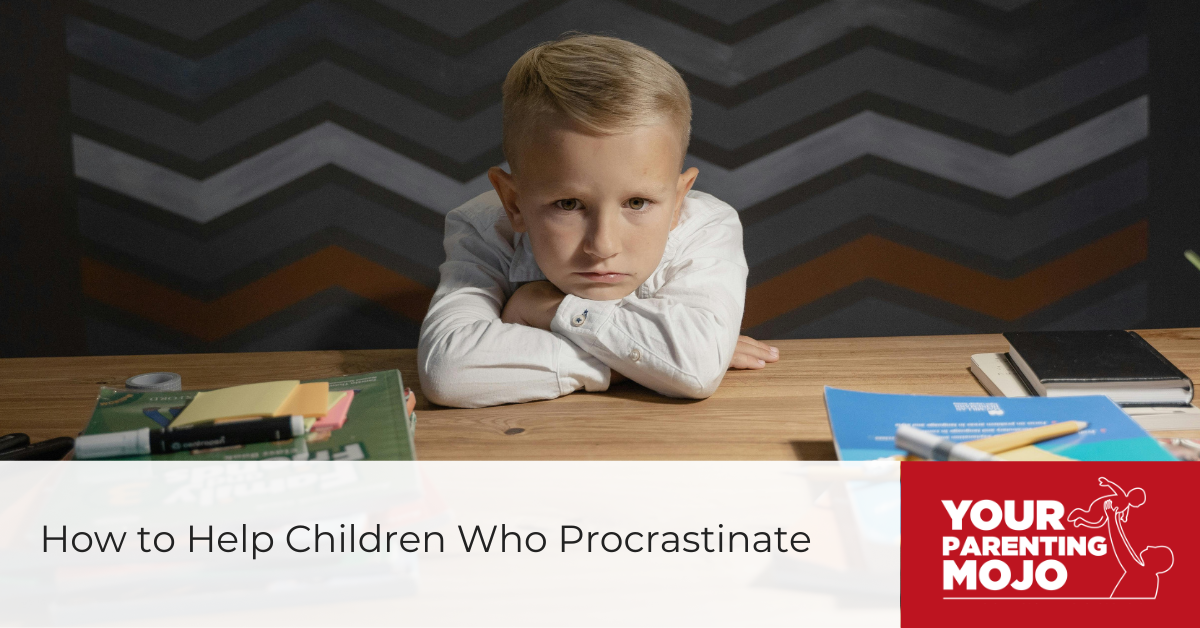Posts Tagged ‘Modern Parenting’
What to Do When Parents Disagree on Parenting
Key takeaways Parents may argue about parenting due to different childhood experiences, stress, and clashing parenting philosophies. The most common parenting disagreements are screen time, bedtime routines, food choices, homework expectations, discipline approaches, and conflicting parenting styles. Parenting arguments get stuck because of the “Four Horsemen” communication patterns: criticism, defensiveness, contempt, and stonewalling make resolution…
Read Full PostHow to Foster Positive Sibling Relationships
Key takeaways Sibling relationships are important because they’re a child’s first peer relationship. They set the foundation for all future social interactions, affecting development from risk behaviors to healthcare access. While many assume fighting is “just what siblings do,” constant conflict isn’t inevitable. Some anthropologists suggest sibling rivalry may even be a Euro-centric cultural invention.…
Read Full PostAre You A Permissive Parent?
Key Takeaways Permissive parenting involves high responsiveness to children’s feelings, often prioritizing freedom over parents’ needs. Parents become permissive through misunderstanding gentle/respectful parenting, a fear of conflict, a mismatch with their child’s temperament, and neglecting their own needs. Effects include children who don’t see others’ needs as important, parents feeling overwhelmed, and frustration for both…
Read Full PostHow to Help Children Who Procrastinate
Key takeaways Children procrastinate to avoid negative feelings like anxiety, fear of failure, or uncertainty. Teaching children self-forgiveness and self-compassion reduces shame and guilt, which actually helps prevent future procrastination rather than enabling it. Teaching children to break tasks into small, manageable pieces makes starting easier. Visual exercises like ‘paper doll chains’ help children understand…
Read Full PostHow to Prepare Children for the Real World
Note: this blog post is adapted from the podcast episode, How to prepare your kids for the real world. Parents often ask me: “How can I prepare my child for the real world?” This question emerges in three distinct contexts: Navigating external influences like junk food and media; Dealing with broader social systems that don’t…
Read Full Post





